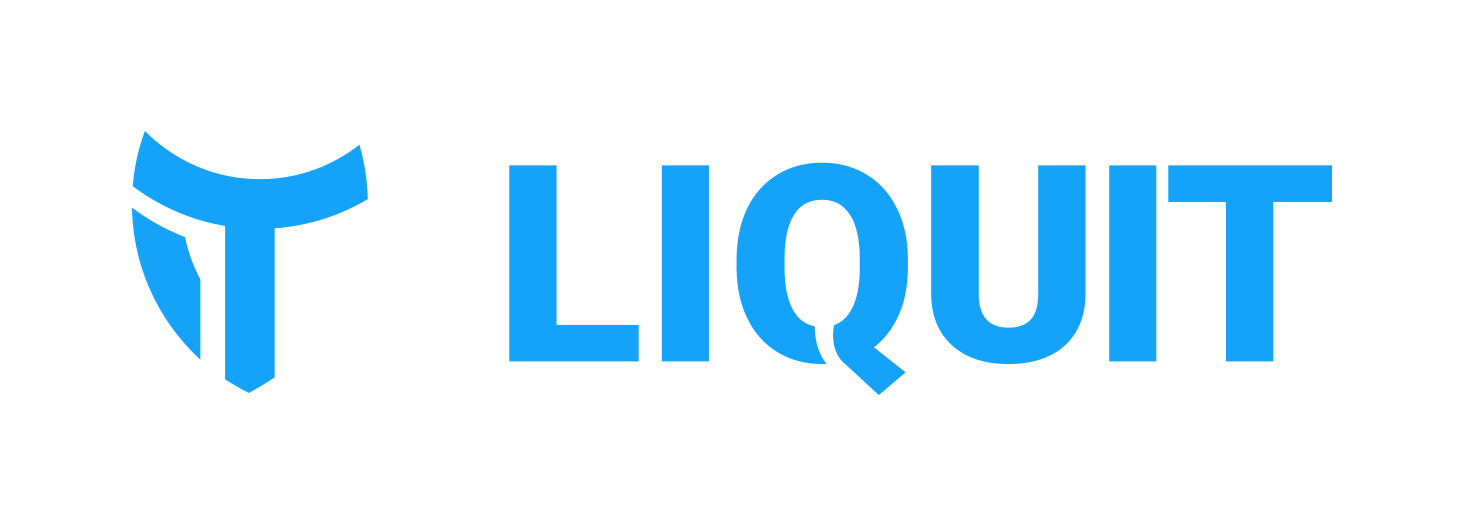VMblog: Provide a little background information on Bright Data. What does your company look like in 2022 and beyond?
Omri Orgad: Bright Data is the clear market leader in public web data collection platforms. Today, the company serves over 15,000 customers, which illustrates the growing demand for web data and how it has become one of the key commodities for any business or organization.
In 2022, we are seeing that more and more business processes are guided by web data. Especially in enterprises, real-time, split-second decision-making is now heavily reliant on web data. Whether for pricing products, which e-commerce players are now forced to do several times a day, or launching new offers - these decisions can make the difference between winning and winning big, and it is obvious where brands stand today. Specifically in the U.S., this web data growth in the enterprise space is more than prominent and is now widespread across multiple industries.
In addition, many new business cases have been added this year to the "web data menu," including cases that once used traditional or legacy methods and are now enjoying the innovative path of public web data scraping. For example, supply chain management has clearly grown over the past two years. One of our customers, Container xChange, is a German-based company with over 1,500 shipping companies relying on them. Previously, they could follow about 1,000 containers at a time. Now, with web data, they are able to track more than 1 million containers in real time and offer their customers an innovative platform, or in their words, "a single source of truth for all container logistics."
VMblog: Why is it important for companies to take advantage of public web data, specifically?
Orgad: Very simple. In a reality where inflation is hitting all-time highs, and we're seeing 30-cent price increases to the gallon, brands that once used to rely on internal data understand that much more is needed to keep up with this constant shift. Why? If big American e-commerce brands used to change their product pricing 2 to 3 times a day, now, they are doing it 15 to 18 times a day. The battle over consumer attention and loyalty requires much more than a "gut feeling" with strategy; it requires data, specifically the most comprehensive and all-consuming source of real-time data that can provide you with your competitive landscape in an instant. Yes, public web data is that reliable, and those fast-draws and split-second decisions are more than critical now. This is just one example of many!
VMblog: What are the biggest challenges facing companies today when it comes to data?
Orgad: If you look at web data growth graphs, you get it. There is too much unstructured, unindexed public web data out there. For this reason, in its recent survey, Gartner found that much of the time (over 80% at times), companies dedicate resources to collecting, cleaning, structuring, and indexing the data they collect. That is an unimaginable amount of time, especially when they should, instead, be dedicating it to data analysis to address their immediate strategic and revenue-impacting questions. So, how do you get the answers you need the most from this vast amount of data? In my eyes, this is the number 1 challenge companies are facing today when it comes to data. And this is the reason behind innovative solutions like Bright Data's products and tools.
VMblog: What are the key components companies should look for in modern web data platforms?
Orgad: I would divide them into three main factors that any modern web data platform should address.
- Is the data collected relevant? Is it fast enough to address your real-time needs and questions?
- Is the scraped web data reliable or coming from reliable sources? Can you prove it? Can you trust the data you just received to base your operational and strategic decisions on?
- And lastly, is the platform compliant? Does it have a verification process? Is the platform monitored and does it abide by global regulations? What are the guidelines the platform follows?
In short, to make sure you can trust and base your business on the data you receive, you must first trust the web data platform you are working with.
VMblog: How important will AI and other technologies continue to be in data management and collection? What technologies will be the most disruptive in the near and long-term?
Orgad: Let's start with the obvious. AI and machine learning systems are based on huge amounts of data. To train those systems, you need a lot of relevant information. The answer is web data. By definition, web data is the most relevant data source existing today.
VMblog: How has the industry changed over the past year? Are there any new industries or sectors that Bright Data is seeing more of? Any emerging use cases?
Orgad: Looking at the US market and the data market, we can see two clear emerging trends. The first is the growth of the enterprise data path. This has become the fastest-growing data sector this past year, and it speaks volumes. From operational needs to training systems and decision-making, web data is front and center. The second trend is that more reluctant industries are now joining the web data space. In the past year, we've seen market sectors such as insurance and pharmaceuticals acquiring larger amounts of web data for their research, to measure public sentiment or even to check on supplies. Web data has been providing the answers much faster than the rest of the possible solutions out there. I think this year's results are very telling for the future, which will be guided by fast decision-making based on fast, pinpointed web data draws.


















